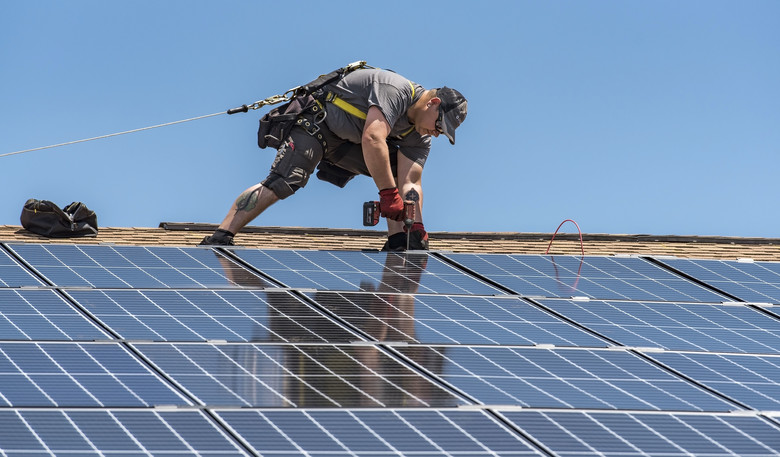Looking to reduce oil and gas consumption
.
Tomorrow, the UK government unveils its energy policy:
It might want to look further afield for inspiration:
For a decade or more, the powerhouse of the European economy has been transitioning to fossil-free energy and to new systems of transmission:
Of the world’s largest economies, none have tried harder to fight climate change than Germany. In 2011, former Chancellor Angela Merkel announced an unprecedented Energiewende (“energy transition”) plan to slash her country’s greenhouse gas emissions and usher in a new green economy.
Germany’s Failed Bid To Be the Global Climate Leader
And there was a lot of promise:
Futures Forum: Energiewende: energy transition 30 years after Chernobyl
However, despite the promise, things have not been going well:
HOW THE UKRAINE WAR DESTROYED GERMANY’S “BRIDGE” TO CLEAN ENERGY

The ‘Energiewende’ relies on gas as a bridge between a coal-powered past and renewable future.
AFTER 16 YEARS under conservative Angela Merkel, Germany gained new leadership late last year. Following a “climate election” that saw the issue surpass Covid-19 as voters’ top concern, Europe’s largest economy is now ruled by a progressive three-party “Alliance for Freedom, Justice and Sustainability” comprising Social Democrats, Greens, and Liberals.
This is the first time the Greens have shared power since 1998-2005, years that saw the acceleration of the “Energiewende” (energy transition), a trailblazing project that has stalled over the past decade. With the party’s co-leaders heading both the foreign ministry and a new economy and climate “super ministry”, many expect Germany to step up efforts to once again lead on climate change and turbocharge the national Energiewende...
Russia’s invasion of Ukraine has made all of this significantly harder to achieve. Germany’s energy transition has for years been predicated on the notion of Russian gas as a “bridge fuel” between a coal-powered past and renewable future, yet supply and sanctions-related concerns linked to the conflict are challenging this strategy. According to climate state secretary Patrick Graichen, “the bridge has collapsed” as a result of the war in Eastern Europe, which “has broken the narrative of natural gas as a bridging technology”.
How the Ukraine war destroyed Germany’s “bridge” to clean energy
Extra cash has been promised – but this will take years:
Can Germany wean itself off Russian oil and gas? | China Dialogue
Germany pledges €200bn for Energiewende to wean itself off Russia | Recharge
But there are things which can be done meanwhile:
Speed limits and ‘home office’: How Germany could reduce its oil consumption
EU looks at an electric alternative to Russian gas: The heat pump – POLITICO